Dhul Hijjah 2026 (1447 AH)
Dhul Hijjah is the twelfth month of the Islamic calendar, the month of Hajj and Eid al-Adha. Below are the projected 2026 dates and what to do in the first ten days. Dates are based on Umm al-Qura calculations and may vary by local moonsighting.
1 Dhul Hijjah 1447: 18 May 2026 (Mon)
Day of Arafah (9 Dhul Hijjah): 26 May 2026 (Tue)
Eid al-Adha (10 Dhul Hijjah): 27 May 2026 (Wed)
Fasting on the first nine days for those able, especially Arafah (9 Dhul Hijjah).
Dhikr: Takbeer, Tahleel, Tahmeed throughout the ten days.
Sadaqah/Zakat: support families in need through our appeals.
Qurbani: prepare your sacrifice for Eid al-Adha and distribution to those in need.
(General guidance; always follow your local scholars.)
Fasting Arafah for non-pilgrims is highly recommended. Many Muslims dedicate the day to dua and dhikr.
Commemorates the submission of Prophet Ibrahim and his family.
Fasting during the first nine days of Dhul Hijjah, particularly on the Day of Arafah (the 9th day), is a highly meritorious act. The Prophet Muhammad (peace be upon him) is reported to have said:
“There are no days in which righteous deeds are more beloved to Allah than these ten days.” (Sahih al-Bukhari)
- Spiritual Purification: Fasting serves as a means of cleansing the soul, promoting self-discipline, and drawing closer to Allah.
- Expiation of Sins: As mentioned, fasting on the Day of Arafah is believed to atone for the sins of two years.
- Increased Rewards: Engaging in righteous deeds during these sacred days is said to be more rewarding than at any other time of the year.
Recommended Practices
- Intention (Niyyah): As with all acts of worship, the intention behind fasting should be to seek Allah’s pleasure.
- Pre-Dawn Meal (Suhoor): It is recommended to partake in a pre-dawn meal to sustain oneself throughout the fast.
- Breaking the Fast (Iftar): One should break the fast promptly at sunset with dates and water, following the Sunnah of the Prophet.
- Dua and Supplication: Utilize the time during fasting to make dua (supplication), recite Quran, and engage in dhikr (remembrance of Allah).
Conclusion
Fasting during Dhul Hijjah, especially on the Day of Arafah, is a spiritually enriching practice that offers numerous benefits. While it is not obligatory, it is strongly encouraged for those who are able. By observing these fasts, Muslims can deepen their faith, seek forgiveness, and earn immense rewards. As we approach this blessed period, may we all strive to maximize our worship and draw closer to Allah.
For more detailed guidance on the practices and significance of Dhul Hijjah, consult your local scholars and trusted Islamic resources.
“Verily, the number of months with Allah is twelve months [in a year], so was it ordained by Allah on the Day when He created the heavens and the earth; of them, four are sacred [ i.e. the 1st, the 7th, and the 11th months of the Islamic calendar.]” (Surah At-Tawbah, 9:36)
“One who comes to this House for Hajj and avoids all lewdness and sins, he returns as he was on the day his mother gave birth to him.” (Bukhari and Muslim)
Abu Hurayrah رضي الله عنه reported that the Prophetﷺ, said: “‘Umrah is an expiation for the time between it and the previous ‘Umrah, and an accepted Hajj has no less a reward than Paradise.” (Al-Bukhaari, Muslim)
Estimated to begin 18 May 2026 per Umm al-Qura astronomical data; local moonsighting can shift by a day
Projected Tuesday 26 May 2026. Subject to moonsighting
Projected Wednesday 27 May 2026. Subject to moonsighting
Increase dhikr, fasting (for those able) on the first nine days, especially Arafah, give charity, and prepare Qurbani. Seek local scholarly guidance.
No. Pilgrims performing Hajj do not fast on Arafah; non-pilgrims are recommended to fast.
Yes. Book in advance so distribution reaches families on the days of Eid and Tashreeq.
